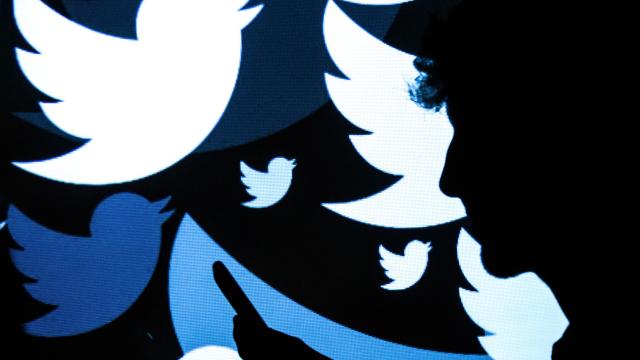France’s attempt to curb fake news backfired on Tuesday when Twitter rejected the French government’s attempt to run its own social media advertising campaign. Oops.
The government’s #OuiJeVote, or ‘Yes, I Vote’ campaign was meant to urge voters to register for the upcoming European Parliament elections in a timely manner. To help with that, France’s government information services (GIS) had planned to pay for some sponsored tweets. Meanwhile, France passed a law in December that requires internet political campaigns to clearly disclose who paid for the ads and how much was spent.
The new law follows French President Emmanuel Macron’s efforts last year to hold tech giants accountable for their role in spreading misinformation and dubious propaganda.
Just one hitch. According to AFP, Twitter has no idea how to actually incorporate that information onto its platform. So instead of running afoul of the law, Twitter decided to just opt out of French political campaigns altogether.
The decision irked French officials, who, ironically took to Twitter to vent their frustration. MP Naïma Moutchou blasted the move as an April Fools’ joke and accused Twitter of lacking respect for France’s transparency law.
J’ai cru à un poisson d’avril! @Twitter bloque la campagne publique pour les inscriptions sur les listes électorales! Pour ne pas avoir à respecter les règles de transparence anti-#FakeNews. Consternant et illégal. @cedric_o https://t.co/fpZwcKI9u3
— Naïma Moutchou (@NaimaMoutchou) April 2, 2019
Likewise, Interior Minister Christophe Castaner scolded Twitter for perhaps taking the law too literally.
“Twitter’s priority should be to fight content that glorifies terrorism,” Castaner tweeted. “Not campaigns to register the electorate of a democratic republic.”
La priorité de Twitter devrait être de combattre les contenus faisant l’apologie du terrorisme.
Pas les campagnes incitant à s’inscrire sur les listes électorales d’une république démocratique.
Ce sujet sera abordé jeudi avec les GAFA lors du G7 des ministres de l’Intérieur.— Christophe Castaner (@CCastaner) April 2, 2019
“It’s not that the law has backfired against us, it’s a platform which does not comply,” officials told AFP, as translated by the BBC.
Gizmodo reached out to Twitter for further clarification about why it blocked France’s voter registration campaign but did not immediately receive a response. Still, France isn’t ready to let the issue go either. According to Castaner’s tweet, the matter will be discussed Thursday with Google, Apple, Facebook, and Amazon at a G7 meeting.
It seems it’s easy to write a law to stop a tech company from doing something — but much harder to write one that gets them to do exactly what you want.
